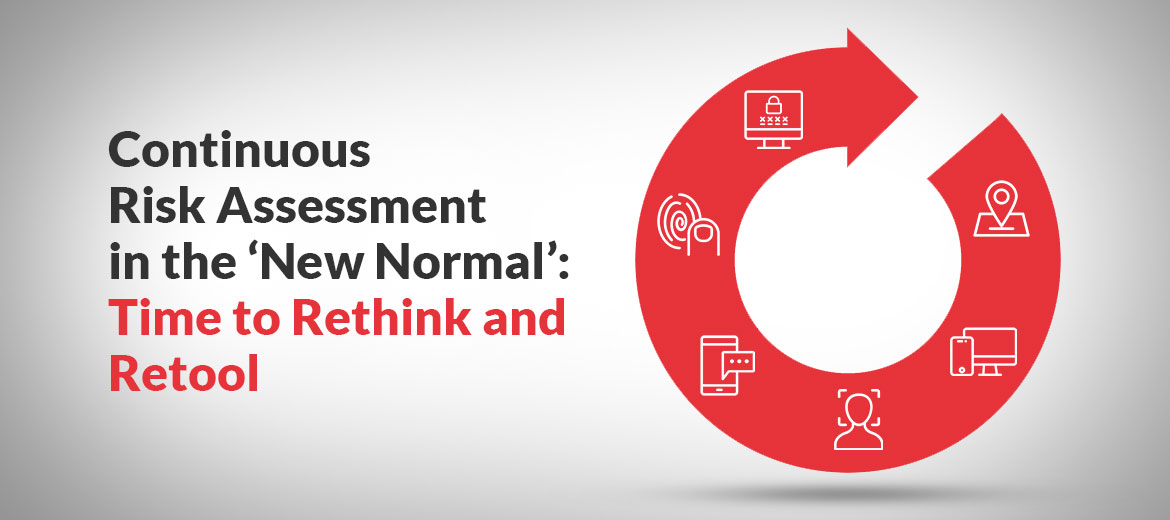The Zero Trust Network Access (ZTNA) framework: ‘Deny access until the trust is established’ has taken a prominent role in today’s IT security landscape. Indeed, challenged by access control complexities arising from remote work culture, the ZTNA framework offers IT security teams with continuous risk and trust assessment at every step of identity authentication.
A multiple layer of authentication especially for privileged identities is crucial as almost all firms have been burdened by a sudden shift towards remote work. Is the identity authentic? Was privileged access granted to an identity for a specific task? Is the right identity accessing systems at the right time? These are some of the serious IT scenarios that require urgent attention.
The primary factors that threaten systems due to remote access are as follows:
VPN: The problem with VPN access is that it leads to security vulnerabilities. A hacker can intrude VPN tunnel, potentially exposing the user and all data assets in the internal network periphery.
Absence of Conditional Access Control: As all end-users (normal IT users, admins, developers, privileged business account users and third-party users) access IT assets ( on-prem applications, SaaS applications, databases, DevOps tool chains, social media accounts) at any point of time from any remote place, absence of conditional or contextual-based checks such as device check, network check, granular control access restriction, and location check can lead to unauthorized access.
Absence of Multifactor Authentication (MFA): A mere two-factor authentication opens the gates for cyber-criminals and bypass the ‘trust’ if one were to look at the security of highly sensitive data. Limited resources to scale MFA tools at an enterprise level or integration related issues can sometimes cause friction.
Absence of Application Streaming technologies: Why to offer access to all underlying applications when a user requires to do a specific task on a specific application? Yes, the risk-surface reduces significantly when the only required data is streamed on end-devices from target devices.
Implement the ZTNA framework with ARCON
IT security and risk assessment staff will find that adopting to the ZTNA framework can significantly reduce attacks on systems arising from inadequate authentication. ARCON Privileged Access Management solution is designed to overcome remote access challenges. The solution is architected to comply with the ZTNA framework.
The solution establishes trust after several layers of checks which include MFA, Adaptive Authentication like device-check and location check. An identity can’t access systems until a sufficient level of trust is established. The level of trust is established at the connection time and is context-based which assesses device trust, user trust, location and time of day. Moreover, context-based access enables granular access control- access controlled and restricted role and responsibility wise. It helps in implementing the principle of least privilege.
Likewise, ARCON|PAM Application Gateway Server (AGW) helps enterprises to enable remote access very easily without the need for VPNs and/or VDIs. AGW, a Secure Gateway is the single point of access to the targets devices/ systems. The secured gateway enables to create an encrypted tunnel from end-points to the target devices. This is completely integrated within the PIM solution and creates an added layer of security for open communication channels.
The Bottom line
It’s time to rethink and retool as systems are under constant threat from unauthorized access. Conventional methods like two-factor authentication are no more adequate to establish the veracity of remote IT users. ARCON | Privileged Access Management enables IT security teams to configure various risk-based assessments on identity before the ‘trust’ is established.
ARCON is a leading enterprise risk control solutions provider, specializing in risk-predictive technologies. ARCON | User Behaviour Analytics enables to monitor end-user activities in real time. ARCON | Privileged Access Management reinforces access control and mitigates data breach threats. ARCON | Endpoint Privilege Management mitigates risks arising out of endpoints. ARCON | Secure Compliance Management is a vulnerability assessment tool.

